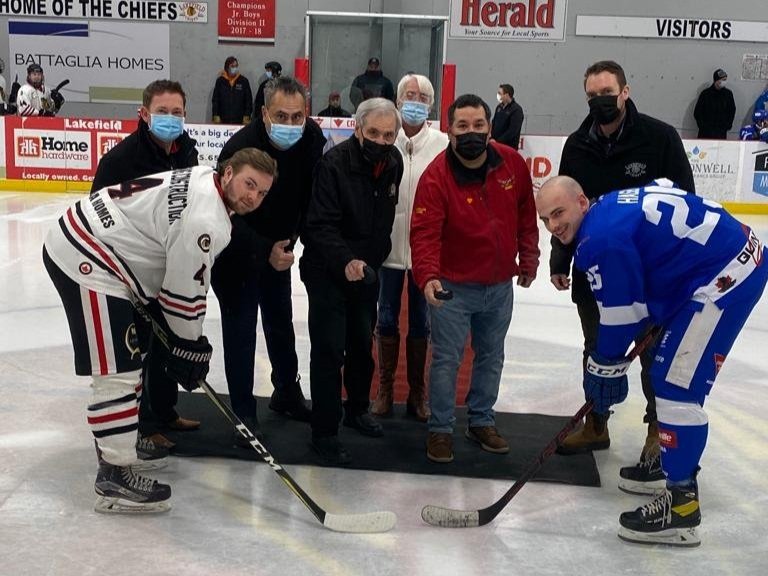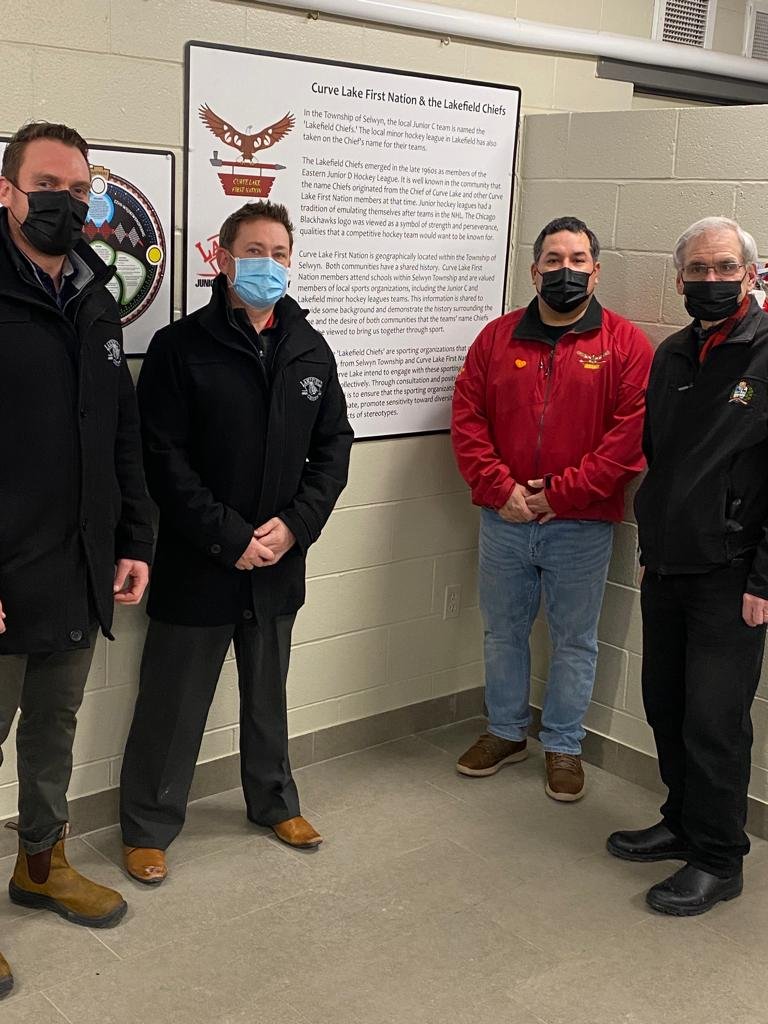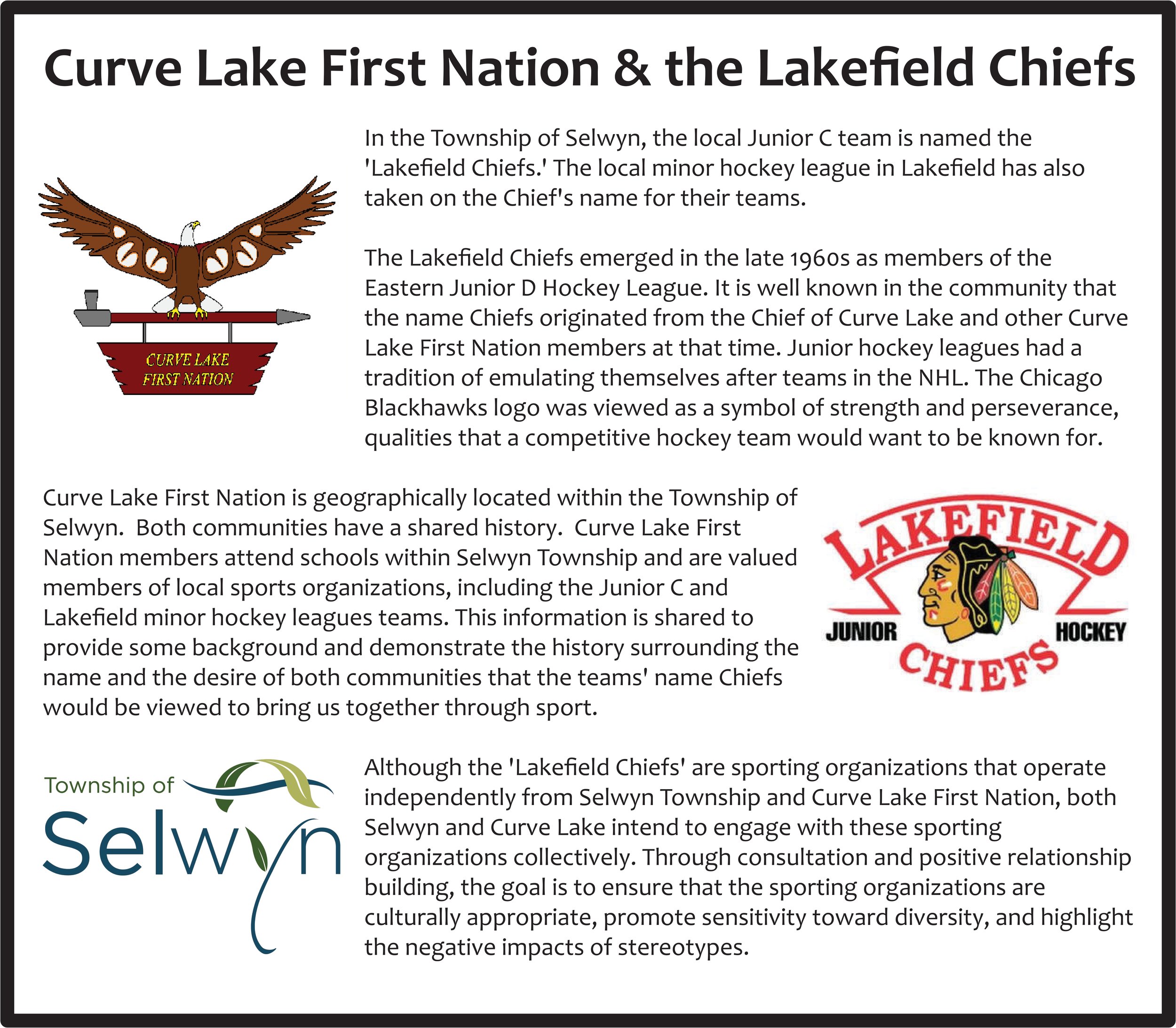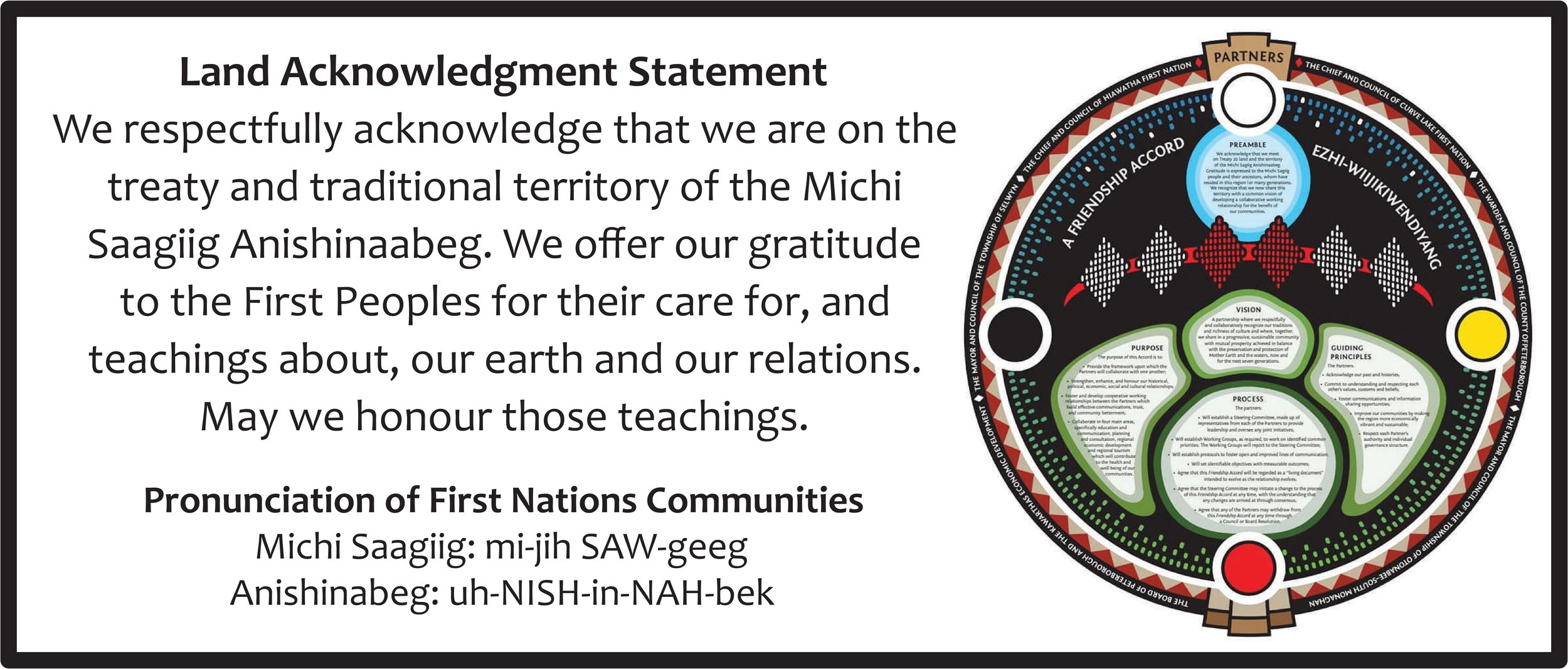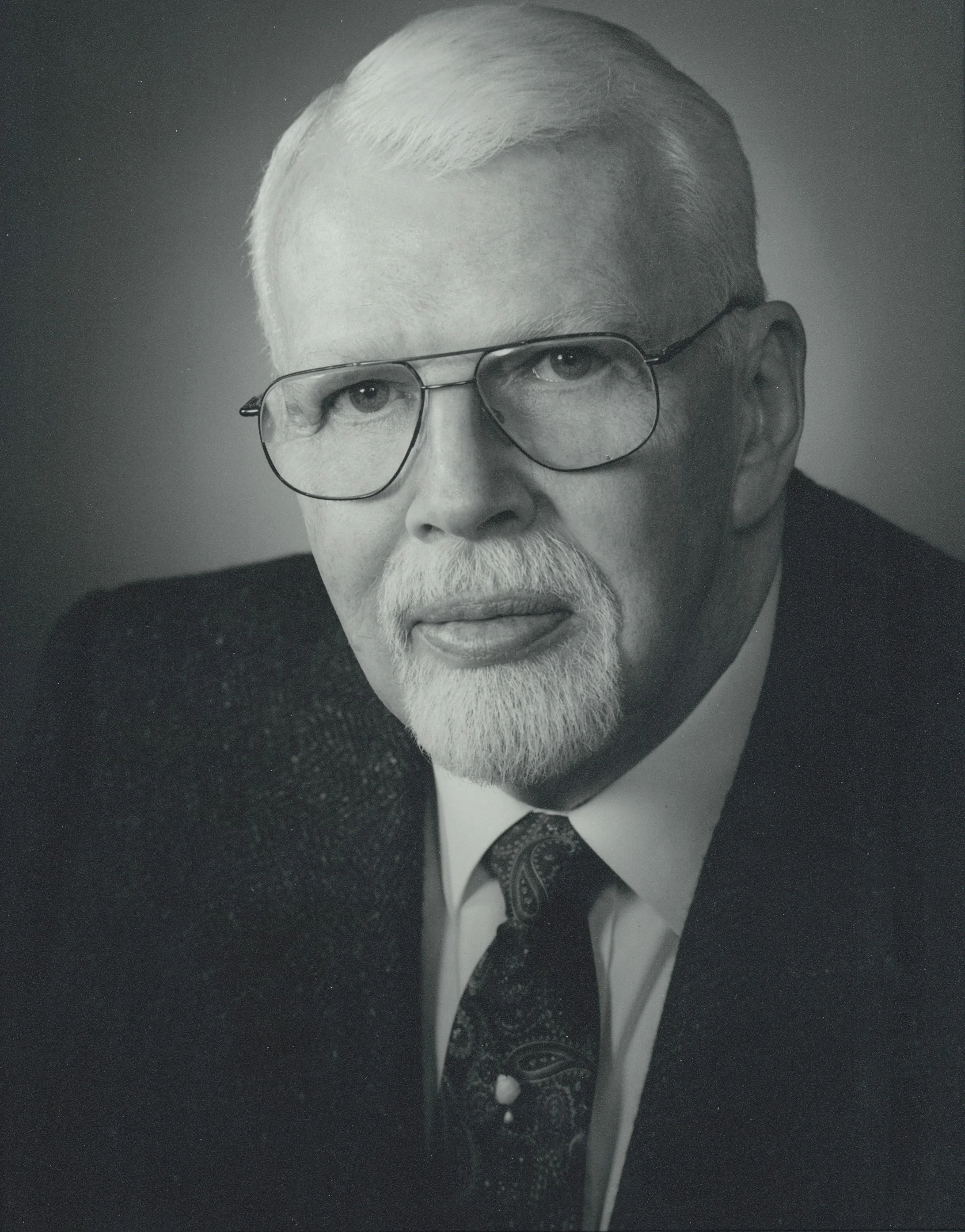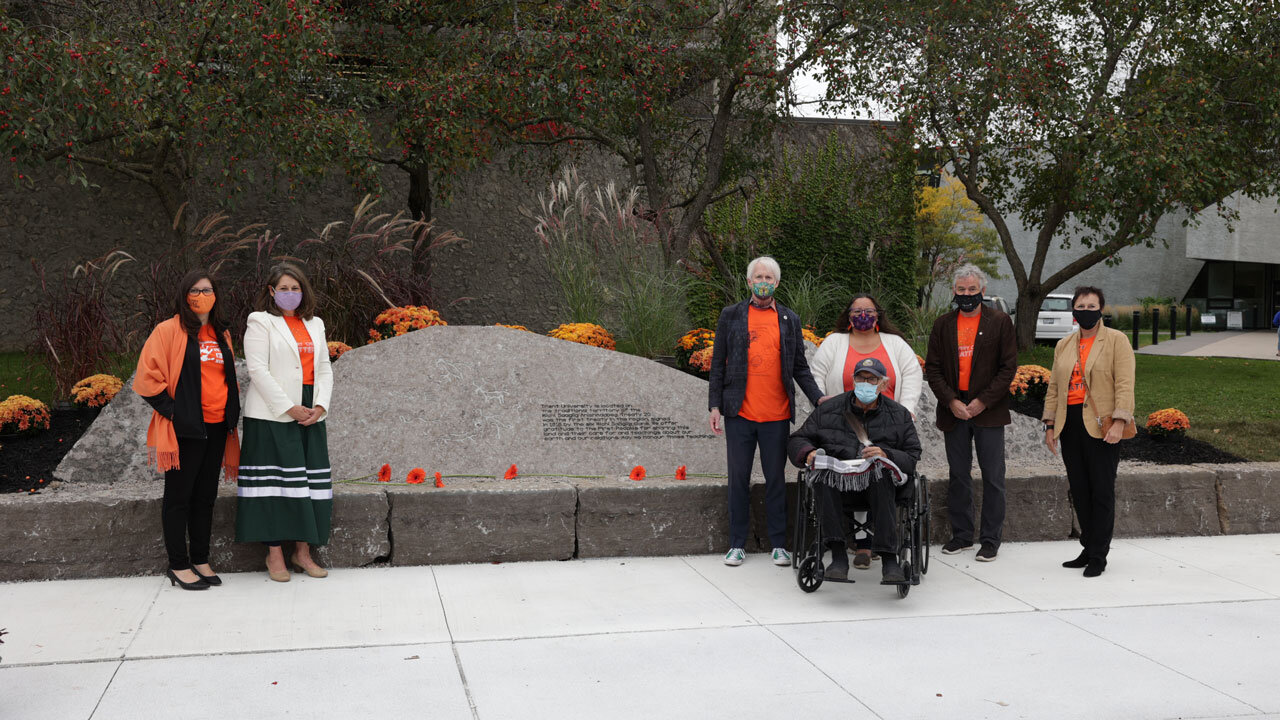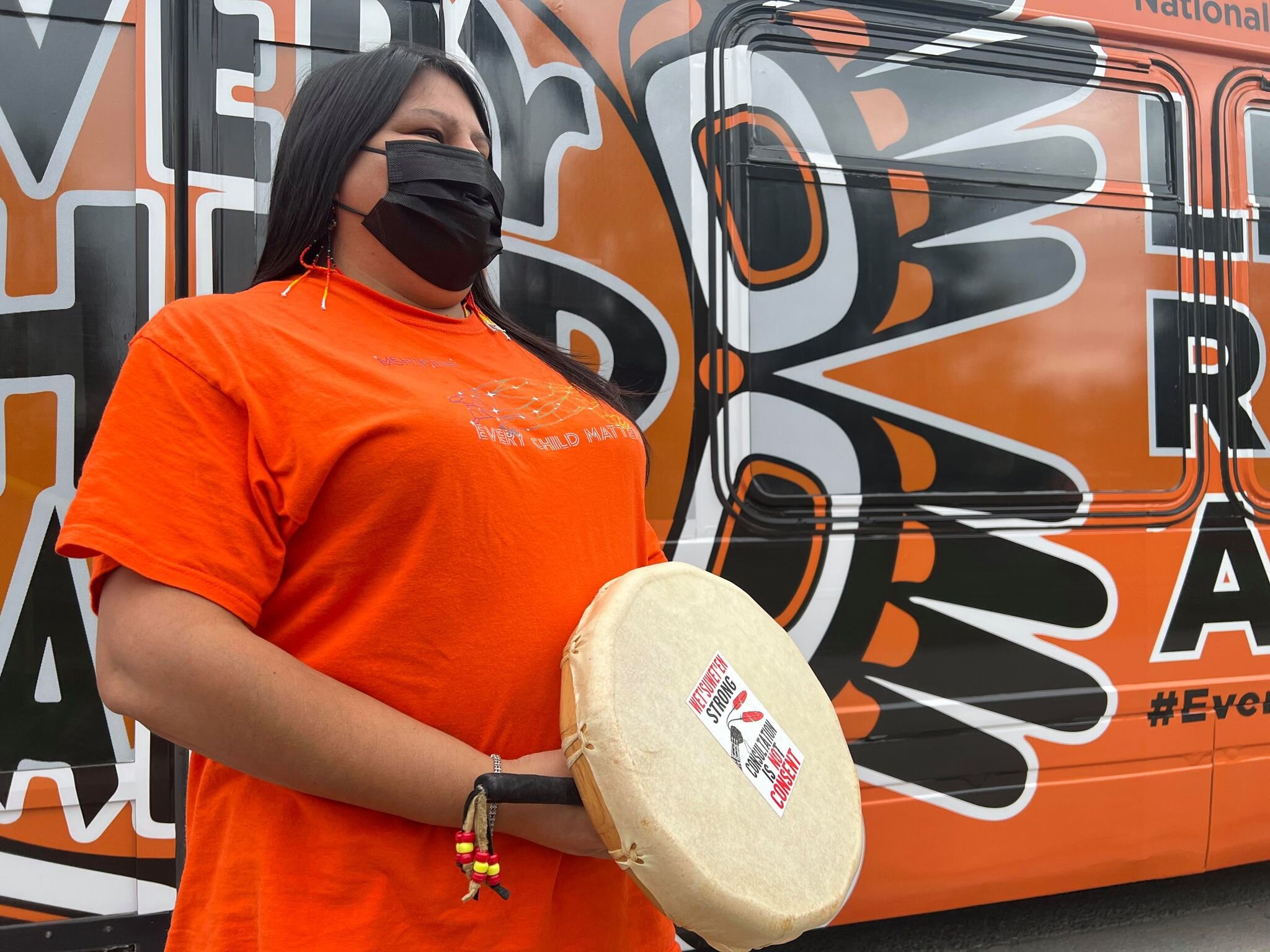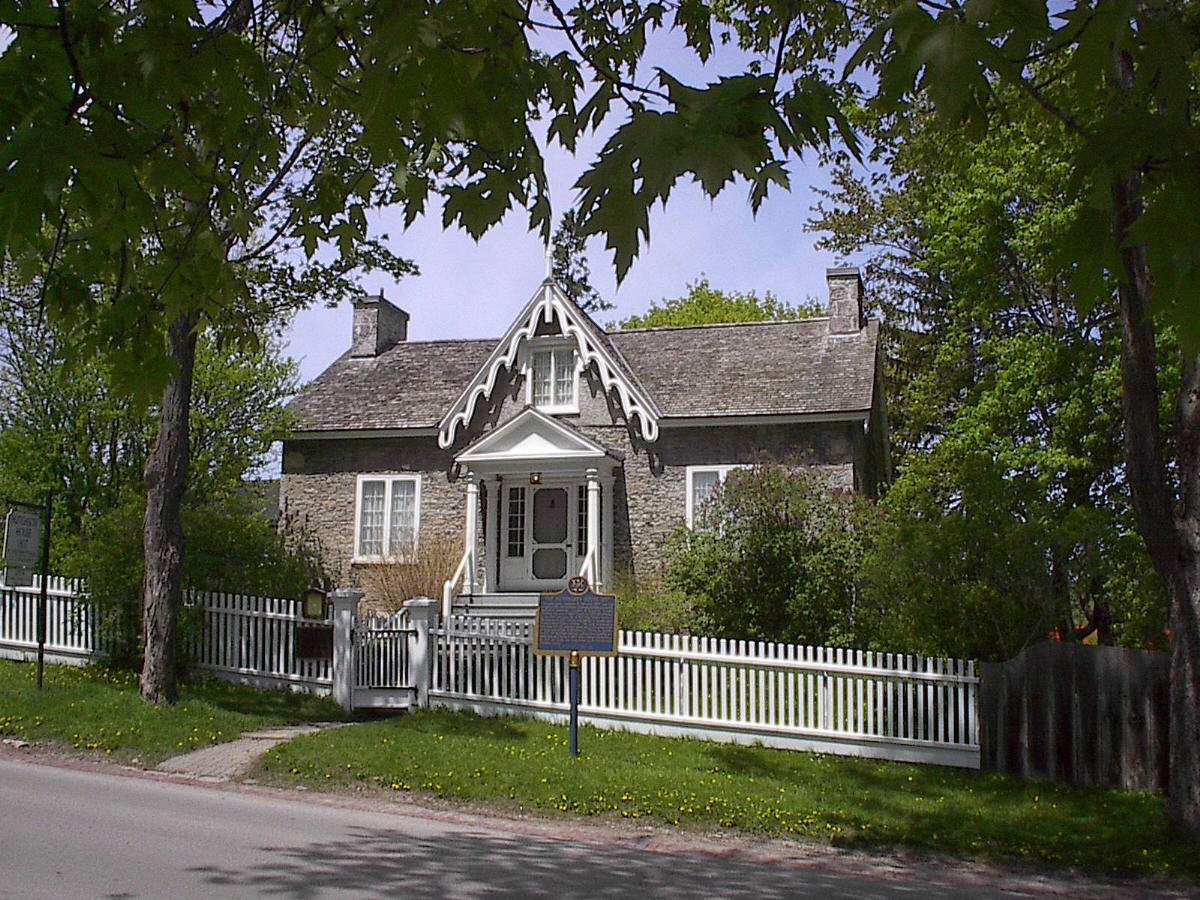Eligible graduates from Fleming’s Ecosystem Management Technology, Environmental Technology, and Fish and Wildlife Technology programs will have the opportunity to complete a Bachelor of Arts or Bachelor of Science (Honours) in Indigenous Environmental Studies at Trent in two additional years of study – graduating with both their diploma and degree credentials in five years.
Eligible graduates of Fleming’s Early Childhood Education and Educational Support programs, who also self-identify as Indigenous, will receive 7.0 and 5.0 credits, respectively, towards Trent’s Indigenous Bachelor of Education degree. These are two new pathways are exclusively for Indigenous students.
“These pathways are another step towards Fleming’s commitment to upholding the Truth and Reconciliation Commission’s recommendations for postsecondary institutions,” said Maureen Adamson, President, Fleming College. “The new agreements build on Fleming’s long-standing relationship with Trent University to provide academic programming and research partnerships in areas related to environmental and natural resource studies that value Indigenous teachings.”
The Truth & Reconciliation Commission of Canada and the United Nations Declaration of the Rights of Indigenous People have both identified addressing the educational gap for Indigenous learners as a priority.
“Creating more opportunity for individuals who identify as Indigenous to access higher education, especially opportunities in both college and university environments, is an important factor in honouring and advancing the teachings and leadership of Indigenous communities,” said Professor David Newhouse, chair of the Chanie Wenjack School of Indigenous Studies at Trent. “The Indigenous-focused degree programs at Trent aim to support generations of Indigenous youth by producing greater numbers of role models. We know these programs are successful in that way as Trent University is ranked first in Canada for promoting Indigenous visibility.”
There are now two Fleming certificate programs and five diploma programs that lead to an Indigenous Bachelor of Education, Bachelor of Arts in Indigenous Environmental Studies or Bachelor of Science in Indigenous Environmental Science programs for Indigenous students.



